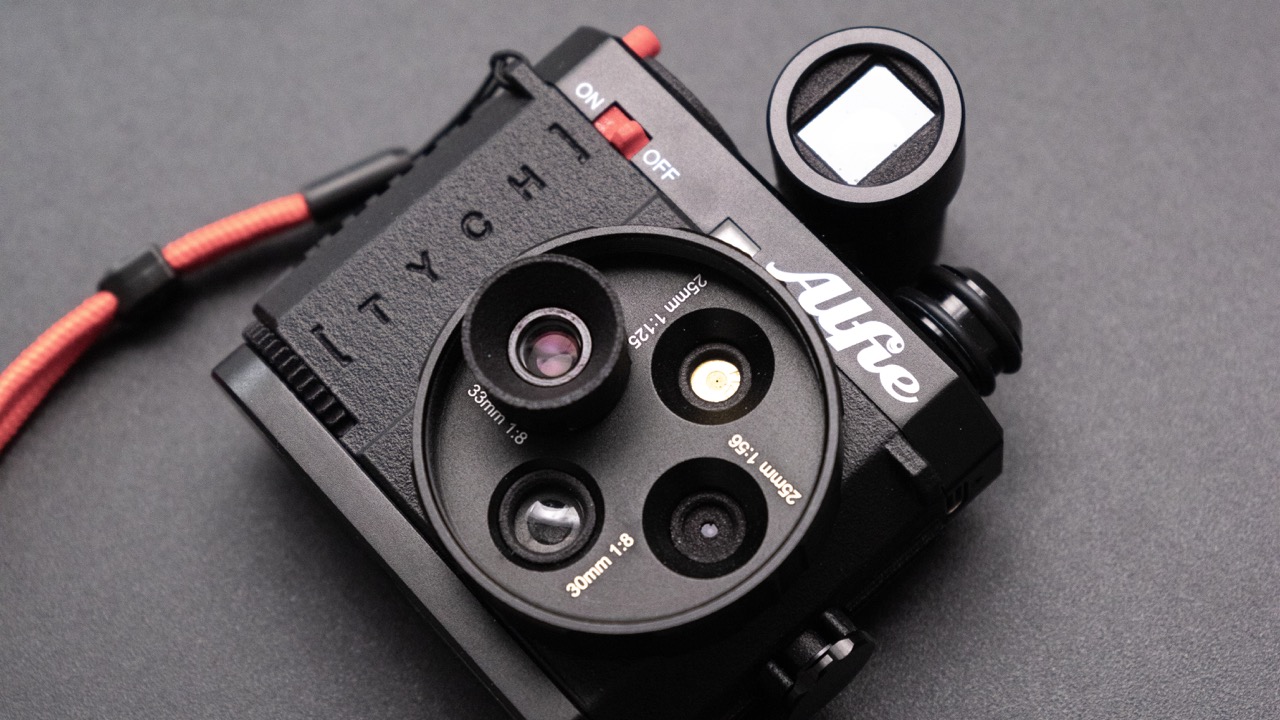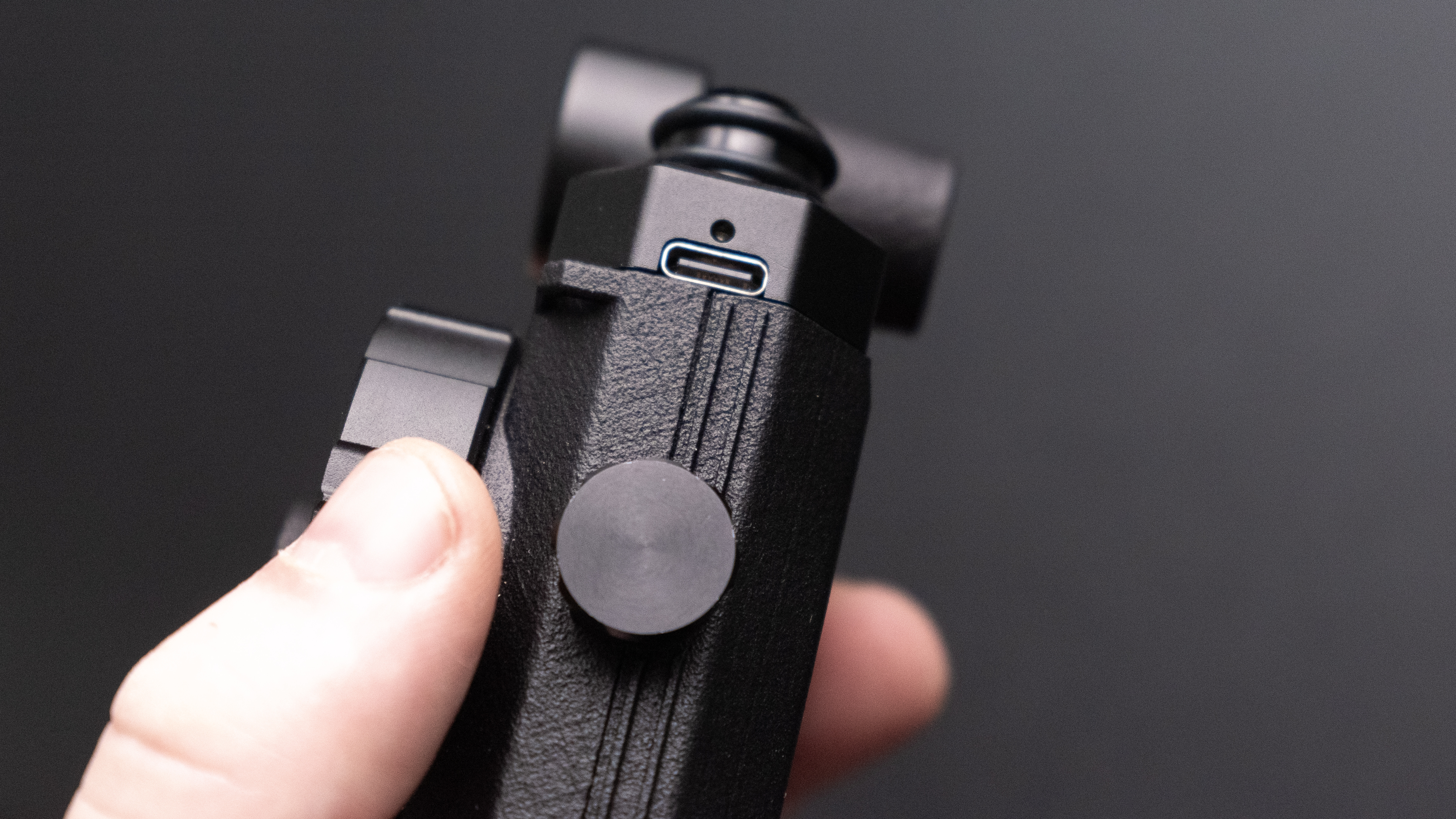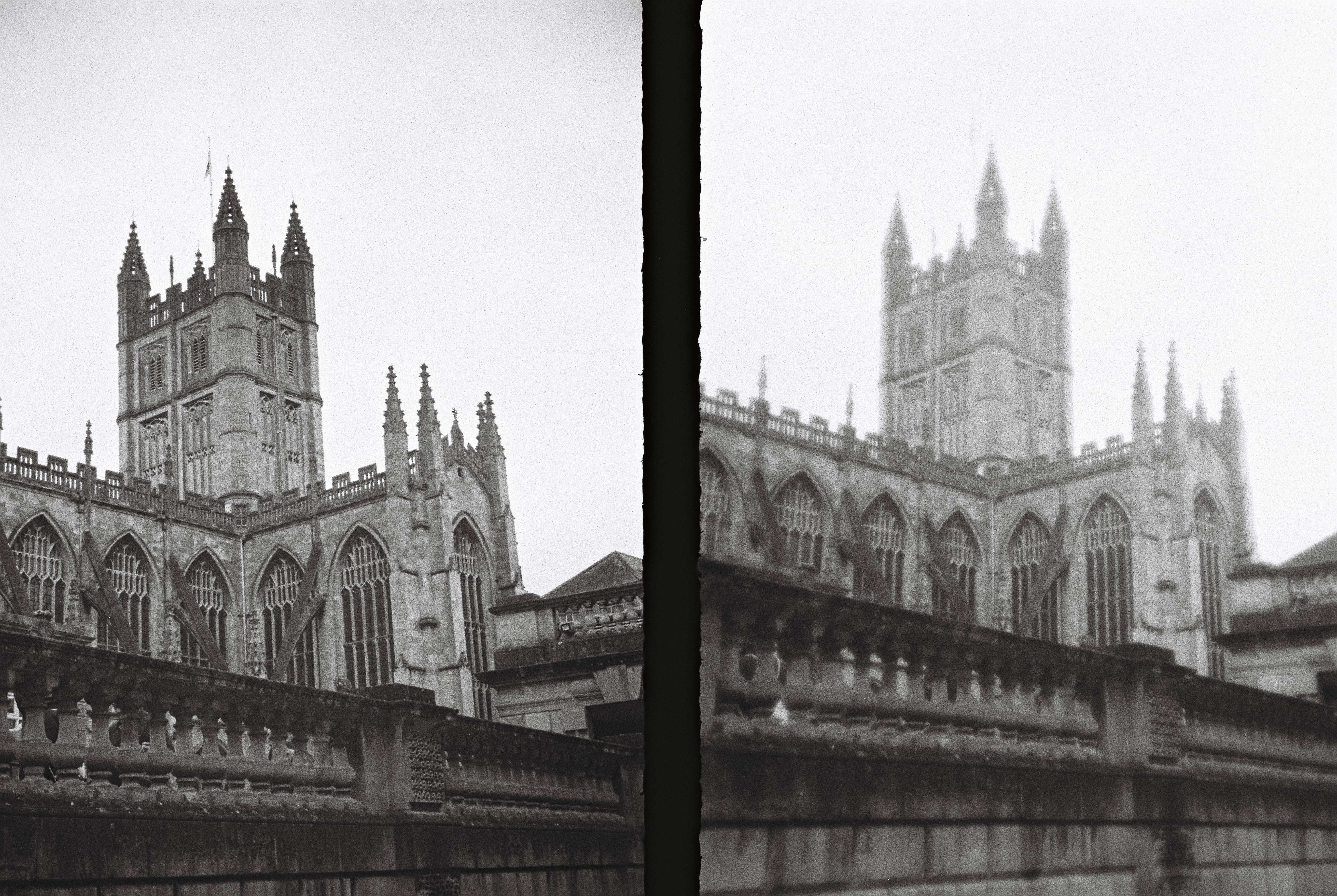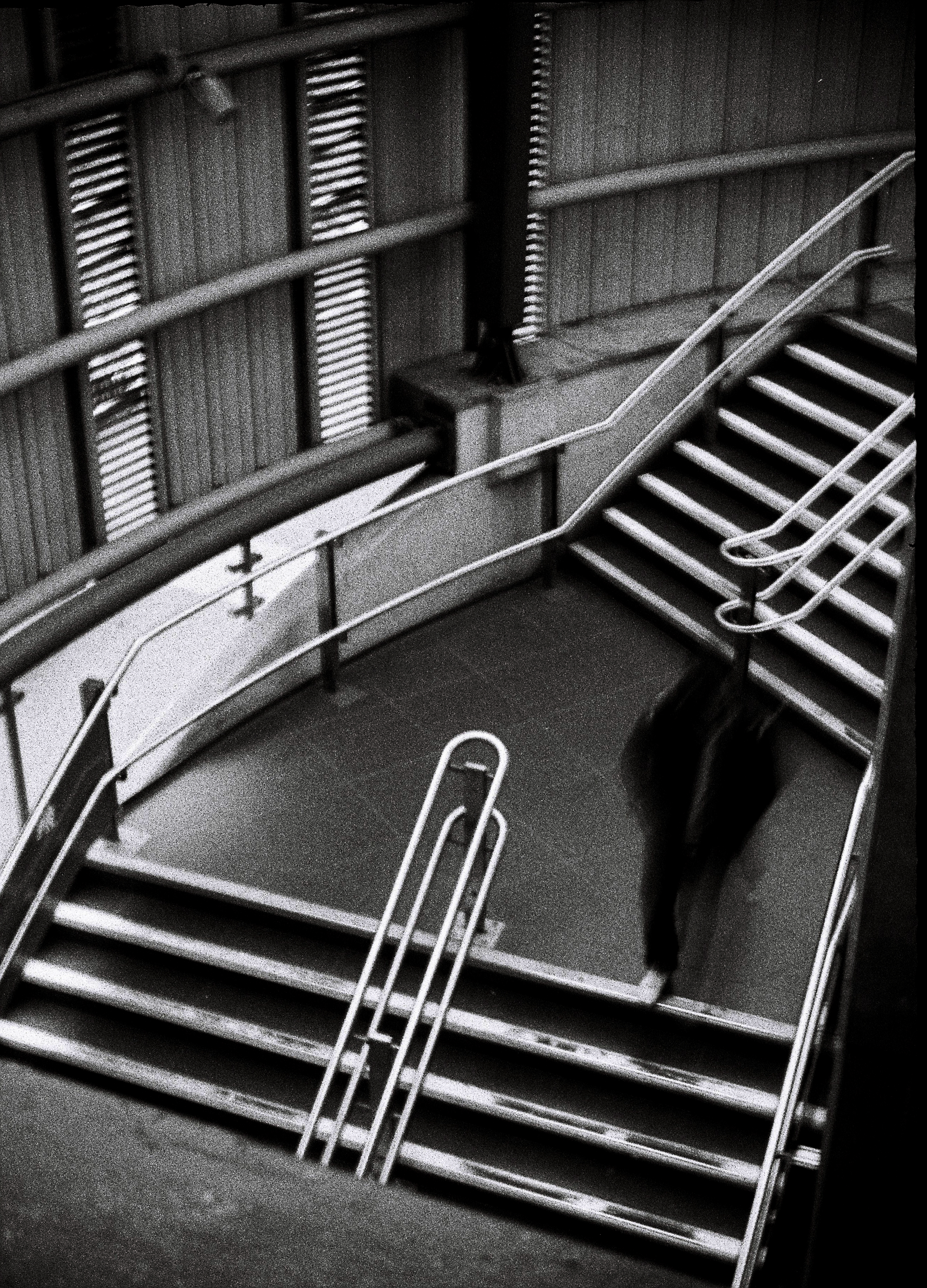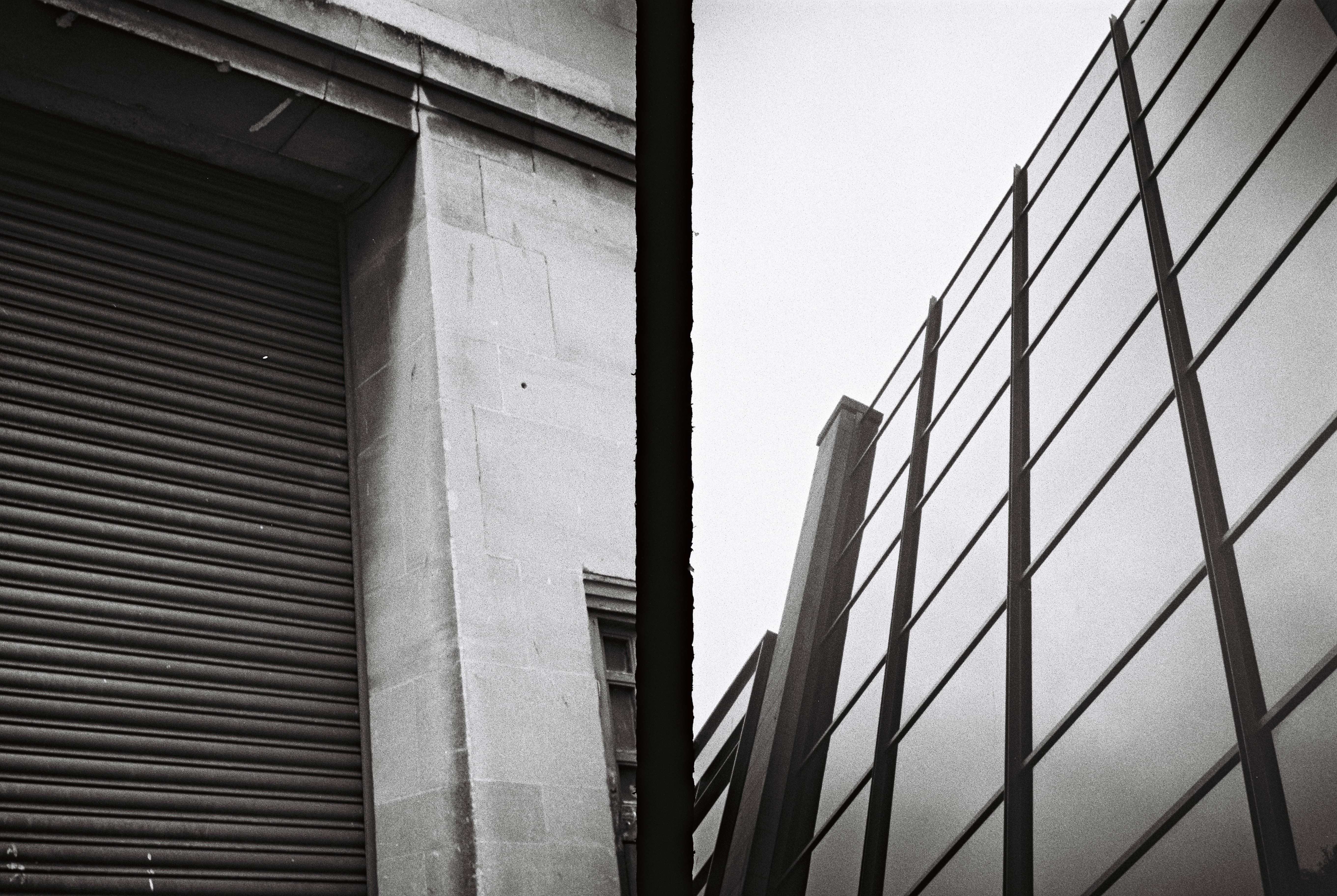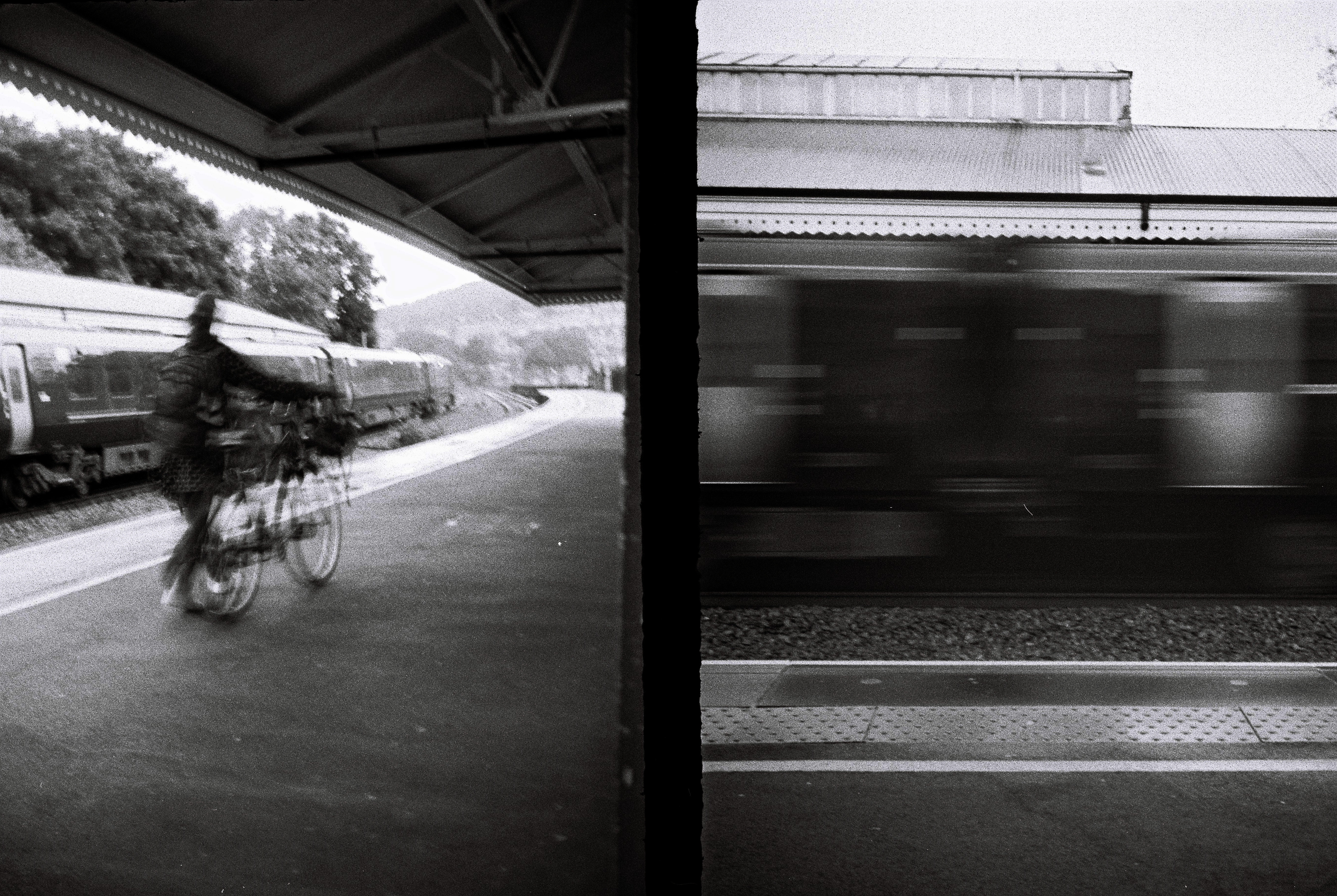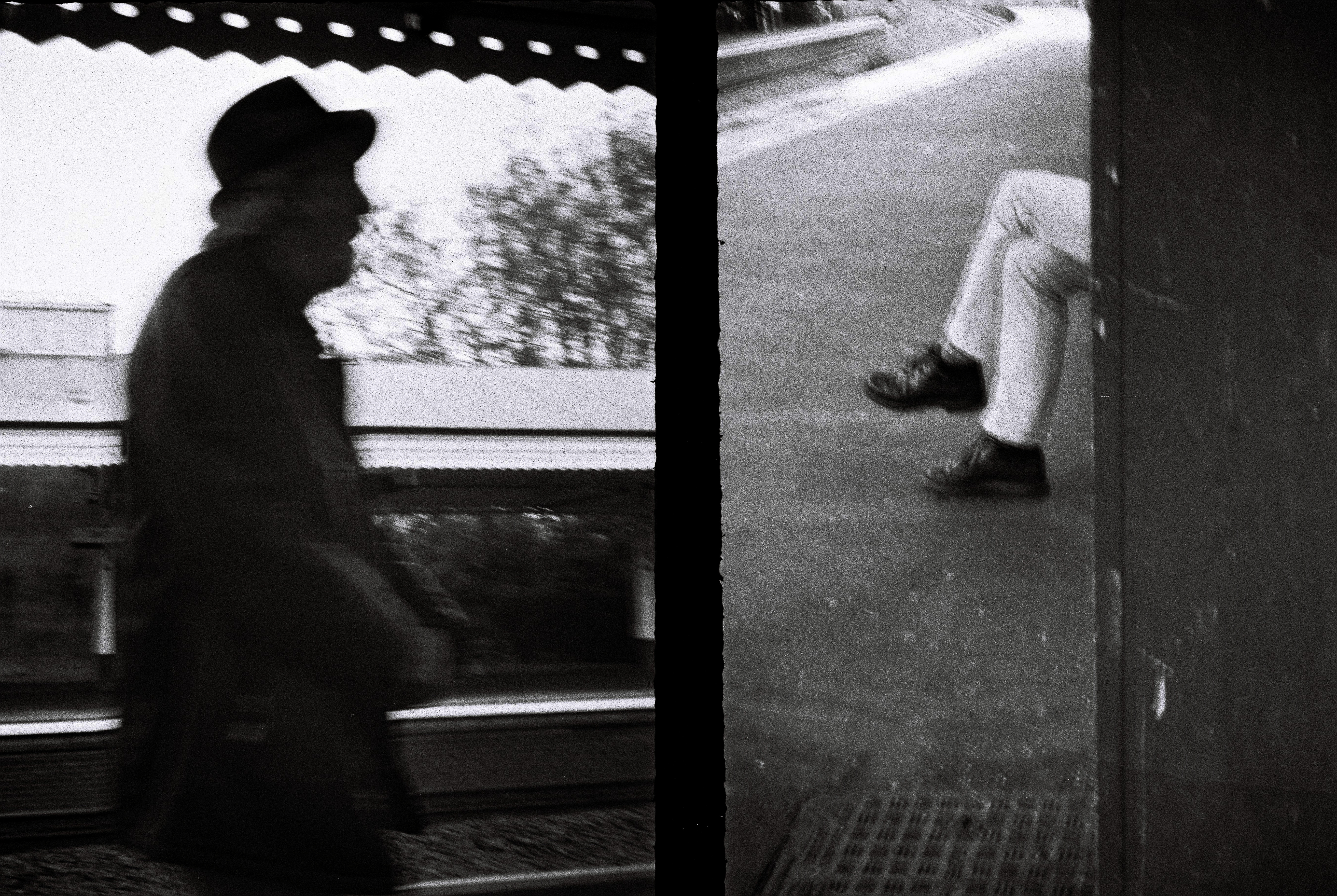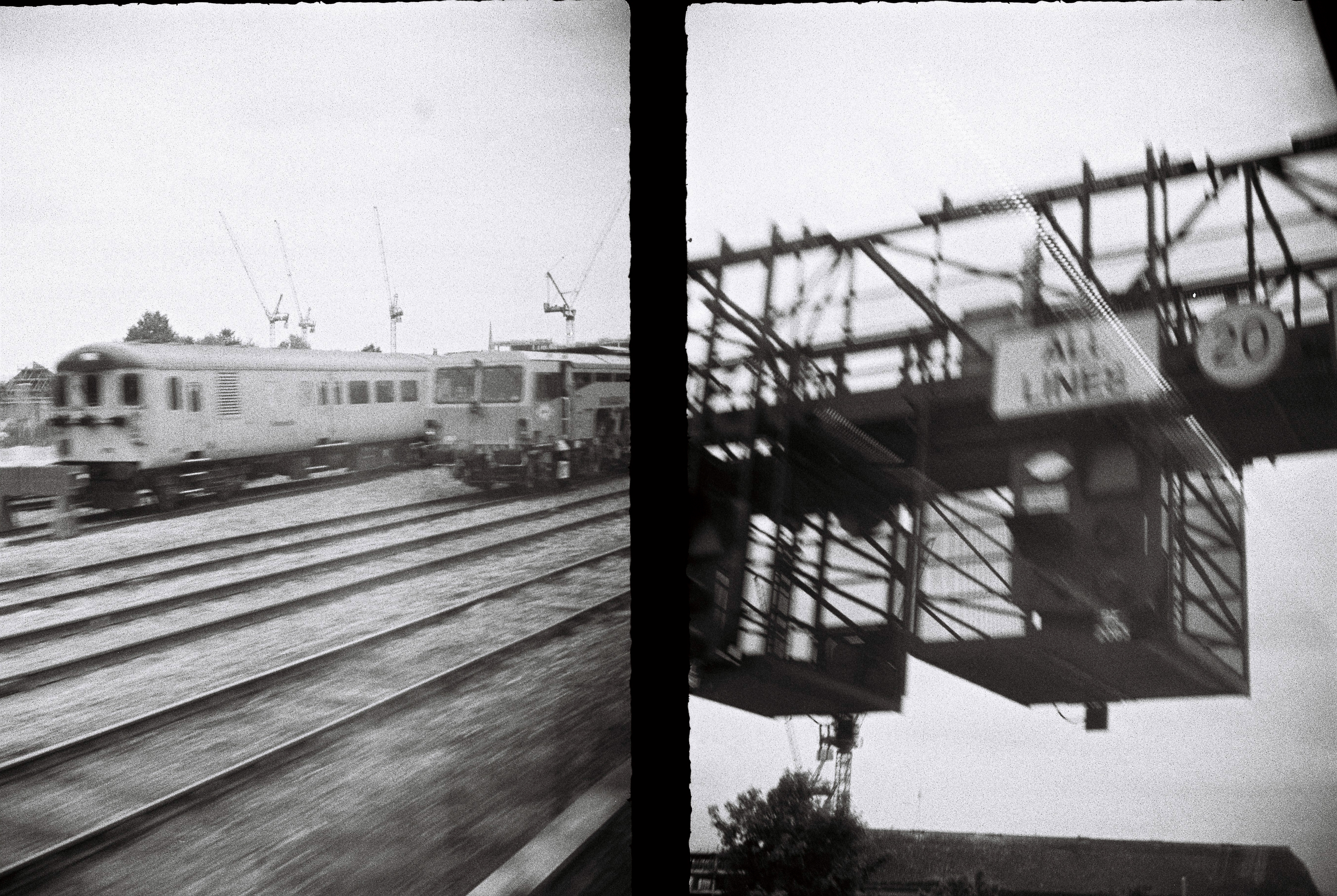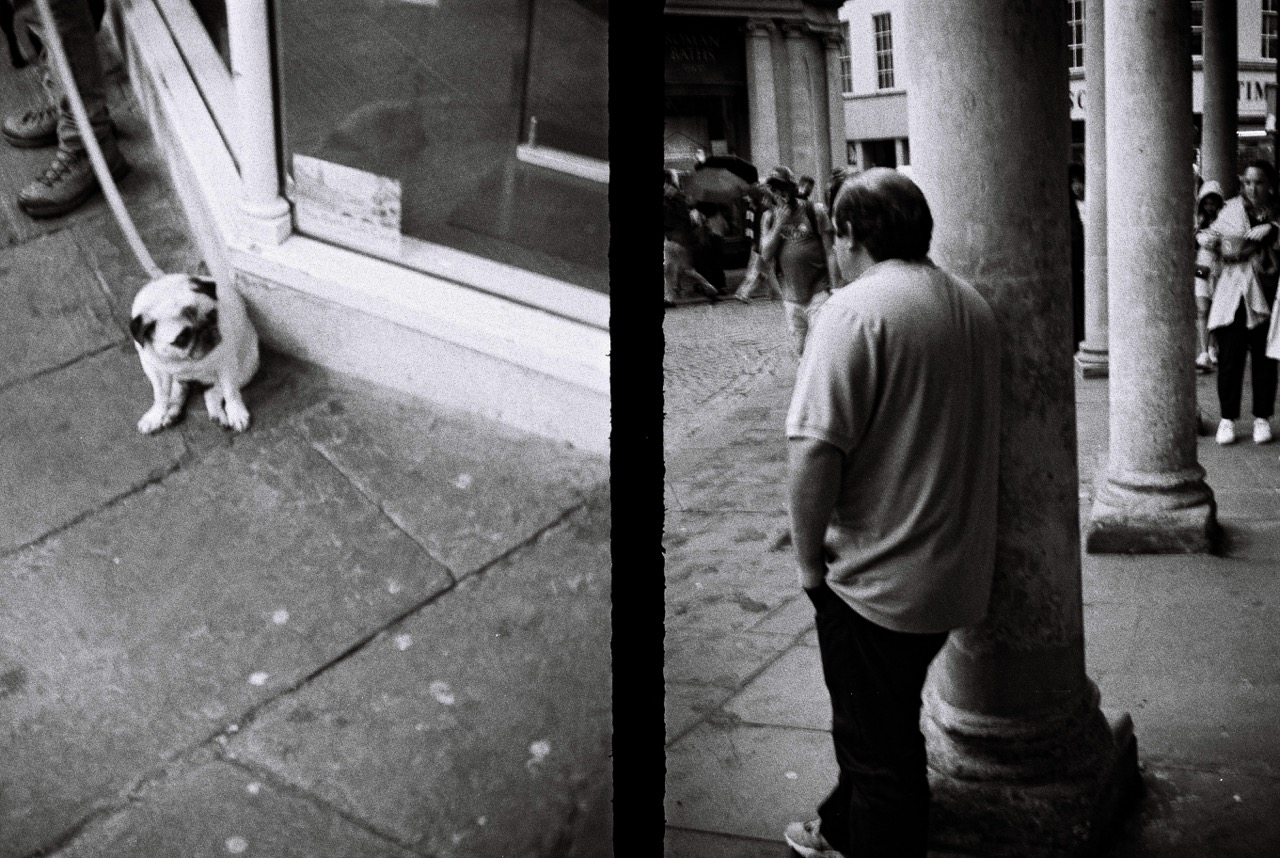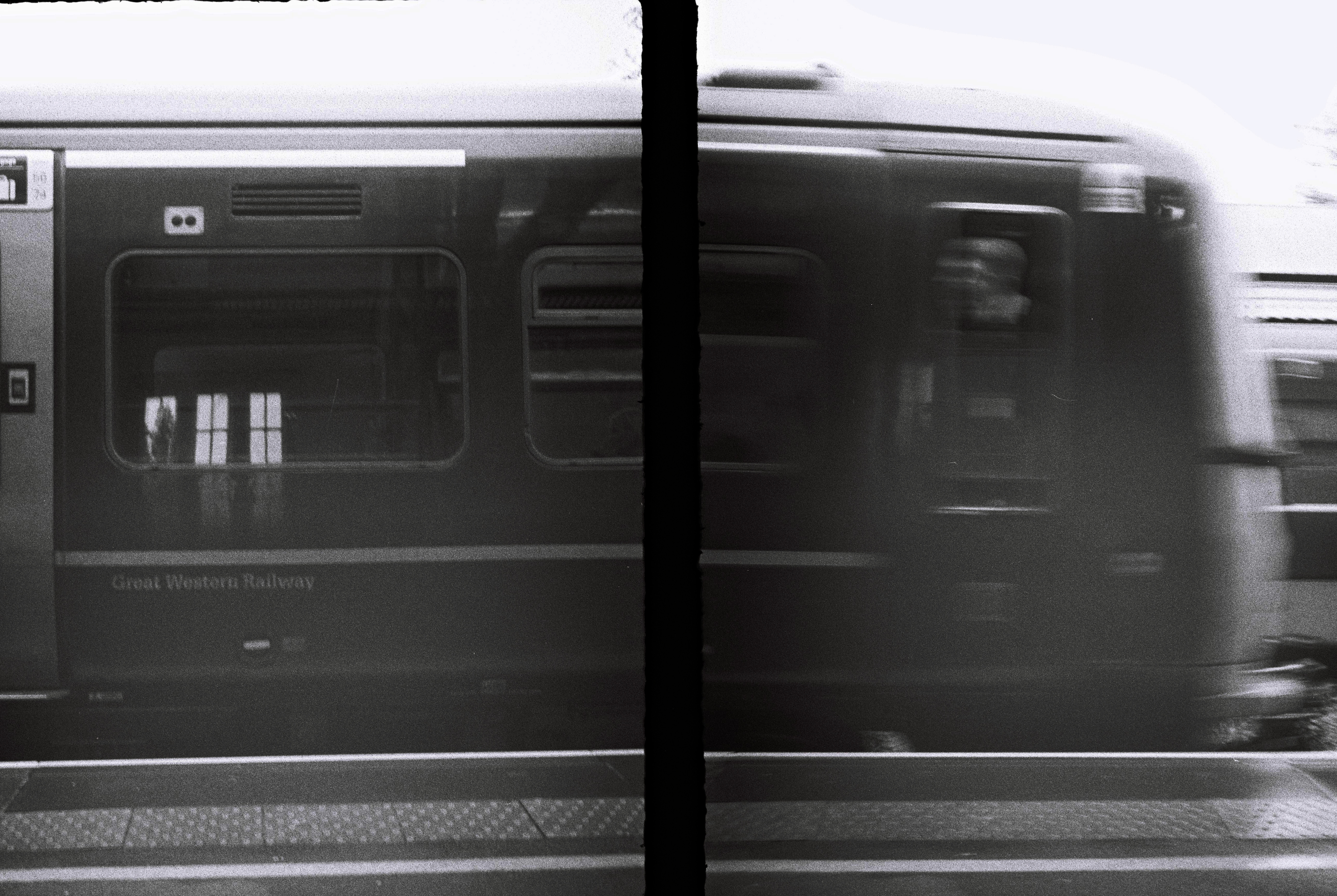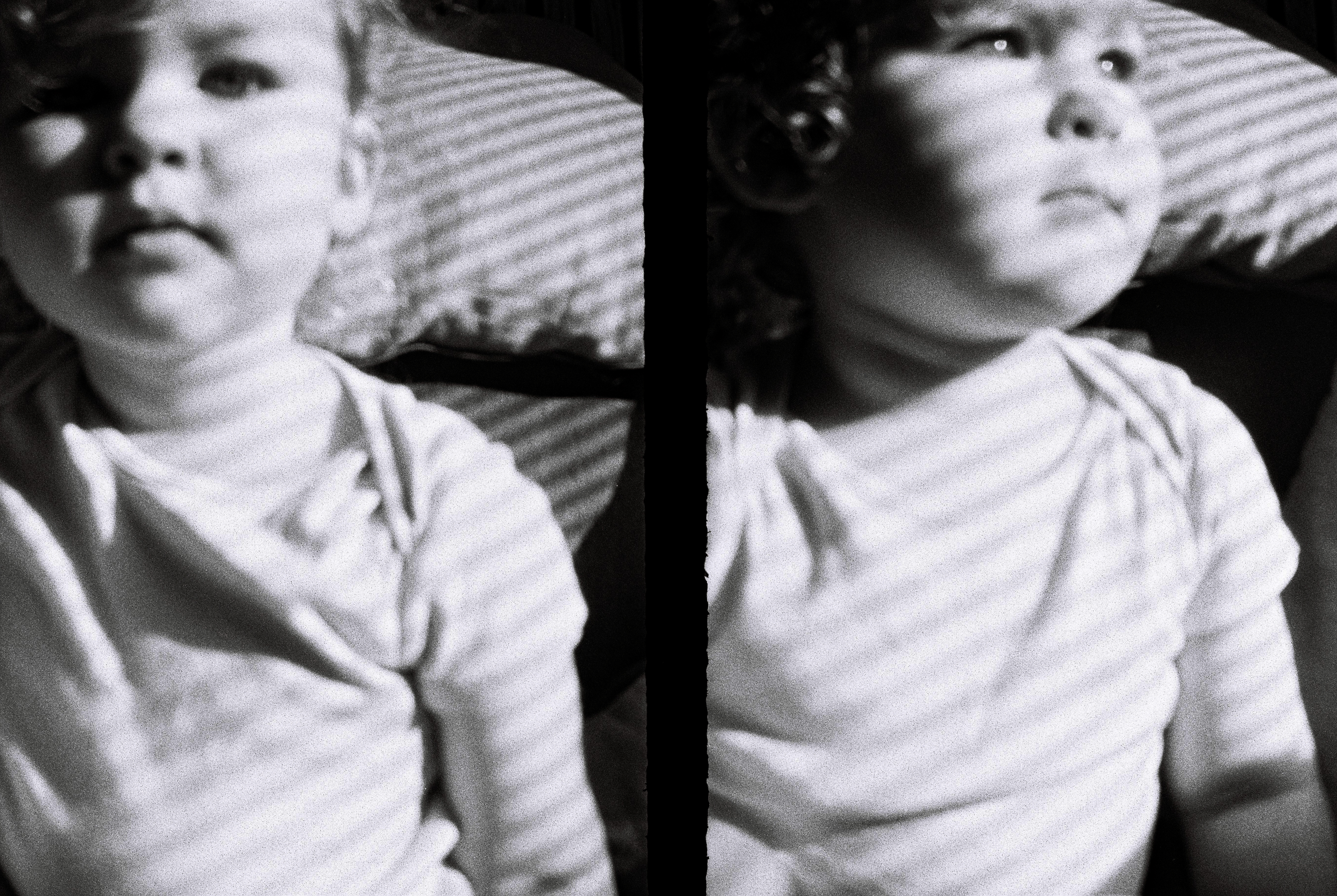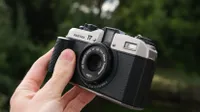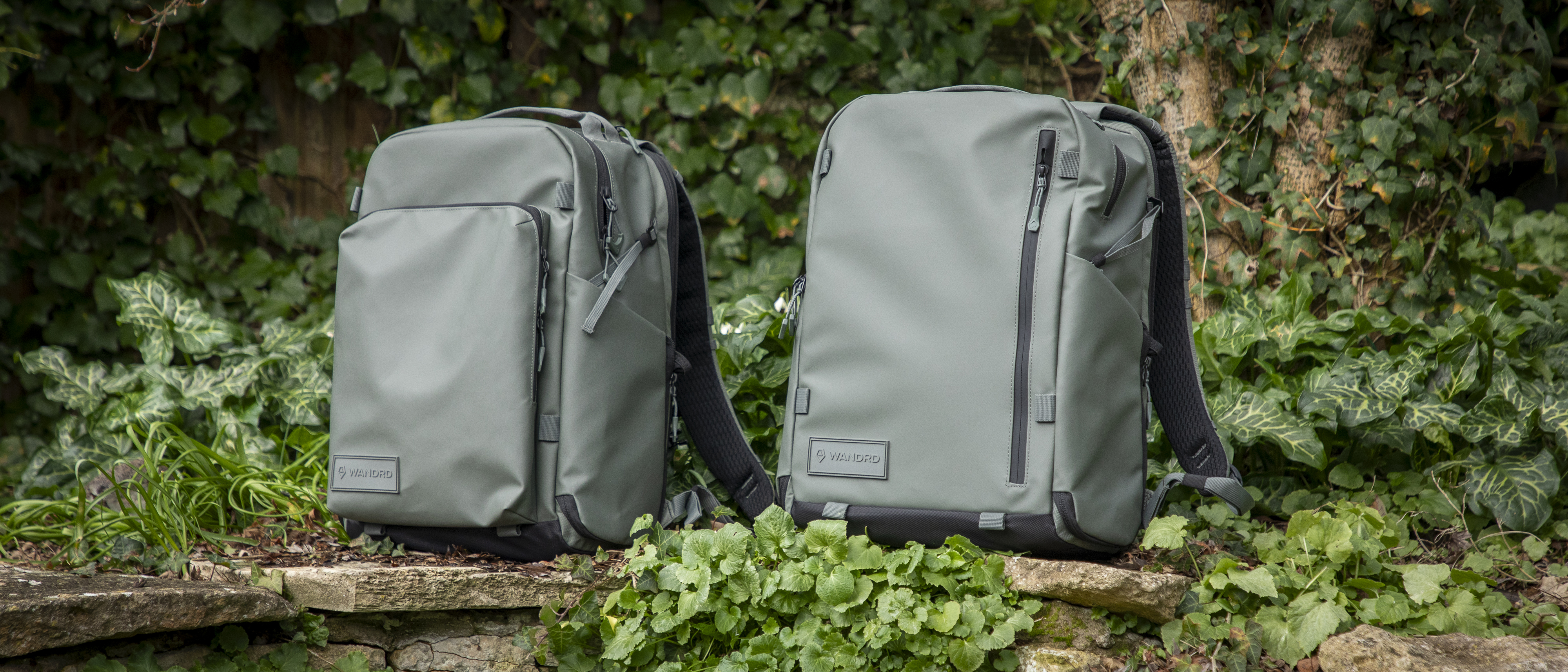Digital Camera World Verdict
My experience with the Alfie Cameras Tych+ was a lot of fun and the time I spent shooting provided a sense of liberation. Being half-frame, meant there was a lot more room for experimentation and taking shots without thinking too much about how much each shutter press is costing me. The hybrid nature of the camera was an easy introduction back into shooting analog after so many years of shooting digitally. Although not designed for clinical precision, the end results left me with mixed feelings.
Pros
- +
Small and discrete
- +
You get more out of your roll of film
- +
Electronic light meter
- +
The battery lasted a very long time
Cons
- -
Viewfinder wasn't entirely accurate
- -
The film didn't feel stable on the reel
Why you can trust Digital Camera World
There is no question about it, film photography is back, and from the recent exponential growth in popularity, it's here to stay. The majority of the best film cameras are tools from the past and have not seen much modern development since the migration to digital cameras. That is however until recently.
Alfie Cameras is a family-run business and after a successful Kickstarter, started producing small half-frame compact film cameras with modern digital elements – providing a truly hybrid shooting experience. The cameras have all the feeling of shooting film, with the added benefit of electronic light metering and a rechargeable battery – I personally see this hybrid nature as the future of film photography.
It would be remiss if I didn't mention the other modern compact film camera, the Pentax 17, which also happens to be a half-frame. Having not used one it will be difficult to compare my experience to it, however, from my understanding of each camera, they were built to serve two different purposes.
Although technically a compact camera, the Alfie Cameras Tych+, and Tych models offer several creative lens options on a fixed rotary board.
The Tych+ offers a premium, meniscus, zone plate, and pinhole lenses, which create unique images making the camera a little more niche and experimental than cameras such as the Pentax 17.
Alfie Cameras Tych+: Specifications
| Film | 35mm Half-frame (24 x 17mm) |
| ISO | 12 - 64000 |
| Film Transport | Manual wind / rewind dial |
| Lens | Rotary lens board with 4 lens options |
| Focal Length | 33.3mm, 30mm, 25mm, and 25mm |
| Maximum Aperture | Fixed apertures of f/8, f/8, f/56, and f/125 (respectively) |
| Shutter Speed | 30sec - 1/500 |
| Filter thread | n/a |
| Focus | Manual zone-focusing |
| Metering | Built in light meter for automatic exposure |
| Exposure compensation | Exposure compensation +/-2 stops in ½ stop increments |
| Battery | USB re-chargeable |
| Battery Life | No specifics but lasted me days |
| Size (WxHxD) | 90mm x 79mm x 45mm (measured without viewfinder) |
| Weight | 120g |
Alfie Cameras Tych+: Price
The price of the Alfie Cameras Tych+ is something that I keep challenging with, as priced at $642 / £500 / AU$987, it is a steep investment for a creative camera. On the flip side, the camera is extremely well designed and each one is built by hand by the in-house team, so in that regard a more than fair price (It is also only available to purchase through the Alfie Cameras website).
The Pentax comes in at a similar price, potentially a little cheaper, so would prove stiff competition, for users looking for a more traditional shooting experience rather than the experimental.
The best camera deals, reviews, product advice, and unmissable photography news, direct to your inbox!
I think the unique nature of the four lenses can be both a draw and a turn-off, as without trying the camera out for yourself, it can be a tough ask to put down the money without knowing if the lenses work for your way of shooting.
For users who enjoy pinhole style and meniscus camera aesthetics, having a compact camera such as the Tych+ would be more than worth the money, plus think of the money you can save on film when using double the amount of shots!
Alfie Cameras Tych+: Design & Handling
The first thing you notice with the Tych+ is that it is tiny! Measuring just 90mm x 79mm x 45mm, it takes the term compact camera to a new level as it can easily be slipped into your pocket and carried around daily without even noticing it. This is however a double-edged sword as those with slightly larger hands may find it a bit fiddly to grip for long periods.
The construction of the body is very durable and secure and provides a sense of confidence that it won't be easily broken if bumped or dropped. The body is made from an anodized aluminum / MJF hybrid construction, keeping light yet sturdy.
The lens rotary board is easily adjusted and clicks when the lens is in place. The viewfinder is also well constructed, and offers a clear view when used although does make it difficult to frame images, but more on that later.
The camera has an LCD screen that displays the camera menu and enables the user to select settings such as ISO, exposure comp, and shot count. The screen is well designed and constructed.
The USB-C charging is a stroke of genius and after a full charge, the battery lasted all three days I used it, in fact, I don't think it ran out the whole time I had it and remained with a charge when returned two weeks later.
Where I do feel the construction fades slightly is with the film spool and winder mechanism inside of the camera body. I never felt safe that my film was fully safe and attached and hadn't unhooked from the small gear to the point where I had to rewind my film halfway through the roll to make sure there were no issues. When manually rewinding the film, the tension was also inconsistent, and I often felt like I had gone too far.
Alfie Cameras Tych+: Performance
Having never previously used a half-frame camera I didn't know what to expect, and once I got my head around the fact that portrait and landscape had switched alignments, it was an absolute blast!
I decided to test the camera by shooting some street photography on my commute to the office. The Tych+ lent itself wonderfully to shooting street as it is so discrete, that no one realized I was shooting.
The camera was extremely simple to set up once the roll of film was loaded. Using the digital LCD screen I was able to set my ISO and reset the shot count. I also had the option to shoot in manual or auto mode. Being the first time using it I opted for auto and let the electronic light meter do its thing, and provide me with a perfect exposure.
The electronic light meter is one of the best things about the camera, as it enables new users the feeling of shooting digitally. Metering can often be an obstacle for new film shooters so having this taken care of, is very useful.
The viewfinder was clear although it was a bit hit-and-miss after receiving my film scans back from the lab. As someone who heavily relies on composition, it is very difficult to know what you're going to get as a result. My advice in this regard is to shoot wider and crop.
The camera's 4 lens options offered something different from each, although other than for test purposes (below), I exclusively used the premium lens. This was down to personal preference, and the shooting conditions.
As mentioned earlier, this was my first time shooting half-frame and the concept was a great creative challenge. As the 35mm film frame is essentially split into two, it enabled me to play around with diptychs, and as a photo editor, I enjoyed forming relationships between the two images in the frame.
I shot on Ilford FP4 at ISO 200, so pushed it a little bit as I wanted to lean into the grain and contrast.
For the most part, I was extremely pleased with the results. Removing the composition through the viewfinder, which may also be down to user error, the images came out exactly as I imagined when shooting, which is all you can ask for when shooting film!
Alfie Cameras Tych+: Sample images
Alfie Cameras Tych+: Verdict
Overall the Alfie Cameras Tych+ was an extremely enjoyable camera to use, and depending on your style of photography, creates some really interesting results. I think it is a fantastic option for those looking to experiment with film photography and create exploratory images that utilize the four lens options.
By having digital elements such as auto mode with the electronic light meter, it's less of a jump into the unknown for film novices and I think it's a great combination of digital and analog worlds – future film cameras should take note!
My only sticking point is the price. It's a lot of money to put down on an artistic camera without trying it, and subsequently knowing if it's right for you. Alfie Cameras does attend events such as this year's Photography & Video Show, so it might be best to see one in the flesh first.
However, I think for a film photography enthusiast who enjoys the process and is looking for an everyday carry option that can slip into your jacket pocket - the Alfie Cameras Tych+ is the perfect option!
| Features | The electronic light meter, USB-C charging, and optional lenses are fantastic features | ★★★★★ |
| Design | It is evident each element of the camera was designed with great care and attention to detail | ★★★★★ |
| Performance | Performance is to be expected from the premium lens, however I struggled to get the best out of the other options | ★★★☆☆ |
| Value | It really depends on your reason for purchase. It's a great fun camera however can be steep price for sporadic use | ★★★★☆ |
✅ Buy it...
- Small and discrete
- Experimental
- Great design
🚫 Don't buy it...
- On the more expensive side
- You want clinical clarity
- You don't want half-frame
Alternatives
The Pentax 17 is the new half-frame film camera from Ricoh Pentax. Much like the Alfie Cameras Tych+ it is a compact point-and-shoot film camera, although does not include the electronic elements or the build quality. It is however cheaper, and a better option for those wanting a typical lens.
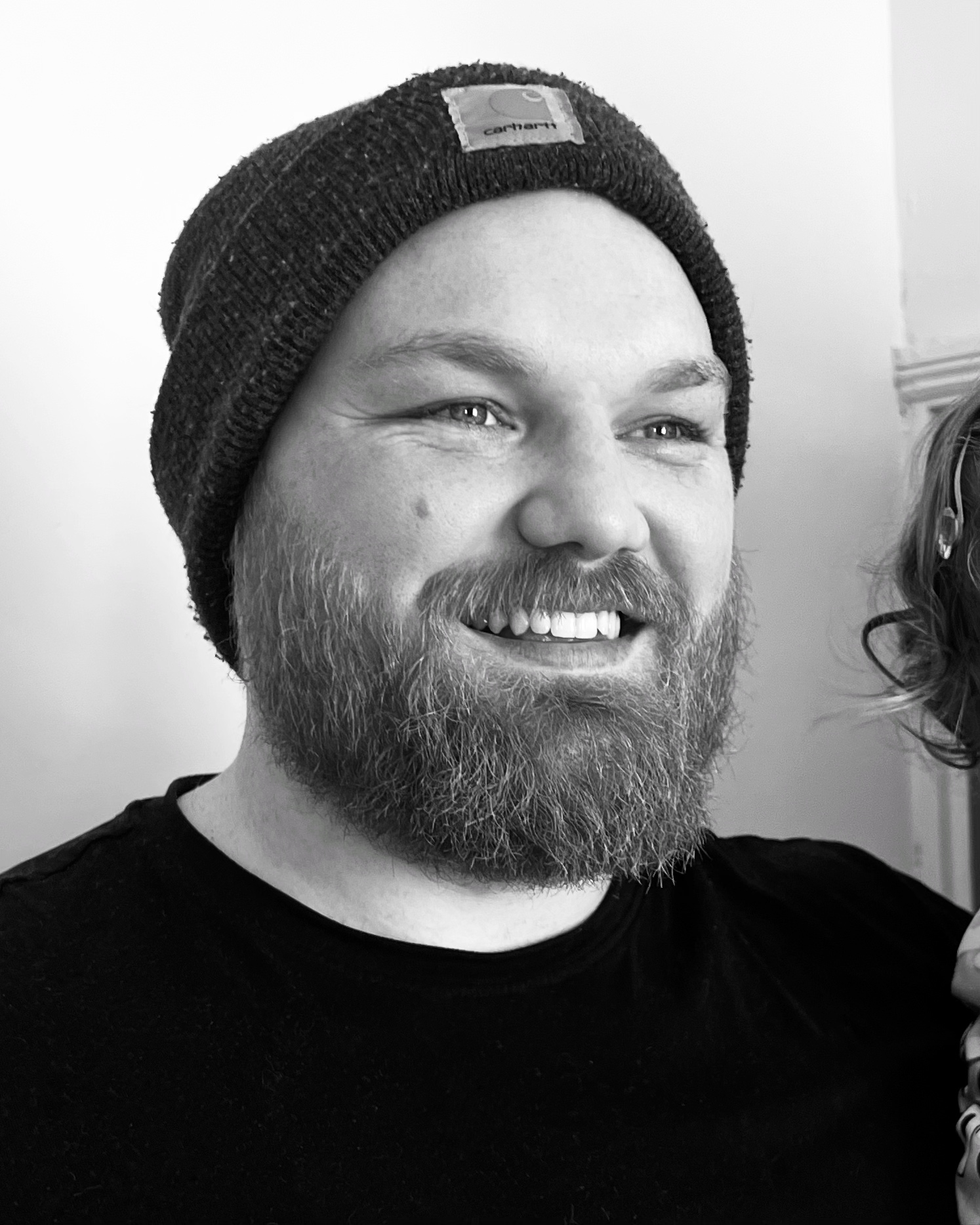
Kalum is a photographer, photo editor, and writer with over a decade of experience in visual storytelling. With a strong focus on photography books, curation, and editing, he blends a deep understanding of both contemporary and historical works.
Alongside his creative projects, Kalum writes about photography and filmmaking, interviewing industry professionals, showcasing emerging talent, and offering in-depth analysis of the art form. His work highlights the power of visual storytelling.

